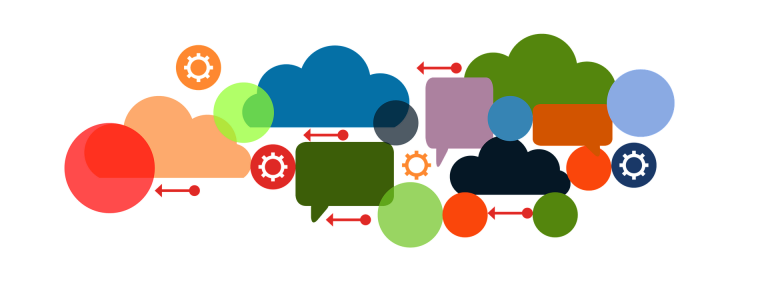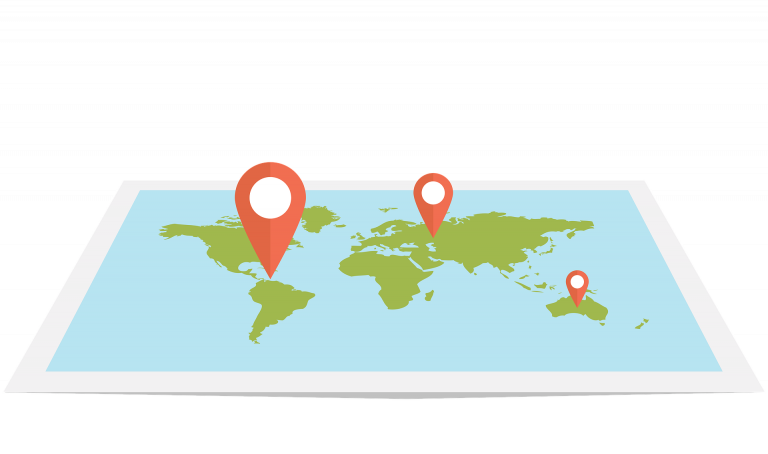Blog post: Changing the world one behaviour at a time
19 August 2020
In our latest post, MSc Behaviour Change Graduate Chloe Chambraud, explains how studying behaviour change transformed her approach to international development and her way of designing interventions.
The importance of behaviour change

In order to change the world, you need to change human behaviour. Until we find a vaccine, the only way to prevent the spread of COVID-19 is through changing behaviours such as handwashing, self-isolating or social distancing. Beyond COVID it is estimated that 7 out 10 global deaths are related to noncommunicable diseases (NCDs) the primary drivers of which are behaviours relating to smoking, poor diets or physical inactivity.
My interest in behaviour change emerged from a lifelong engagement with the issue of gender inequality. Studying social sciences helped me understand why there was inequality but not necessarily how to address it. After finishing my studies, I travelled to Fiji, Thailand, France and the UK to put this understanding into practice. I engaged in all sorts of initiatives to improve women’s lives, from creating a social enterprise to support survivors of violence through to supporting business leaders to tackle sexual harassment.
Fieldwork taught me some valuable lessons. But it became apparent that the one thing I hadn’t really learnt during my studies was a method for changing behaviour. This is what brought me to the MSc Behaviour Change at UCL.
Undertaking the MSc in Behaviour Change
Doing the MSc in Behaviour Change at UCL changed my way of approaching global issues such as poverty, global change or inequality.
Viewed through the lens of behavioural science I started to see such issues as a system of practical and concrete problems that could be tackled by focussing on behaviour. For instance, eradicating ‘violence against women’ can feel overwhelming, but if we think about this challenge as a set of concrete behavioural problems (e.g. encouraging survivors to seek help in the first place), they are easier to comprehend and address.
Once you’ve identified the behaviour you want to change, the real work begins.
The key challenge for practitioners like me is to understand what theories, processes and methods can be used to achieve the greatest impact. I found that very few development workers use theory to design their interventions, some use evidence but most just follow their intuition or rely on personal experience.
A toolbox to change the world

One of the key frameworks taught by the course is the Behaviour Change Wheel - a framework for designing and evaluating interventions to change behaviour. It taught me a step-by-step method for designing behaviour change interventions from scratch.
Designed by leading experts in the field, it is meant to be used by researchers, policymakers and practitioners alike.
Since graduating from the course, I started work at the Behavioural Insights Team (BIT), a social purpose company dedicated to applying behavioural insights to public policy. In my role as Senior Advisor in the International team, I have been able to use the BCW to tackle a variety of different issues such as youth unemployment, intimate partner violence, and climate change.
Behaviour change is an evolving discipline and there is much work to do to develop and disseminate tools to support researchers, policy makers and practitioners to increase its accessibility and application to practice.
A critical step in the process of behaviour change is identifying barriers to the behaviour you want to change. At BIT, I was part of the team who created an interactive tool to support change-makers with this step. Our Barrier Identification Tool was developed using the COM-B model of behaviour change developed by Susan Michie and her team of behavioural scientists at University College London.
I hope that many more change-makers around the world start using these tools to improve their interventions and achieve greater impact. This is probably our best chance at making the world better, one behaviour at a time.
 Close
Close

